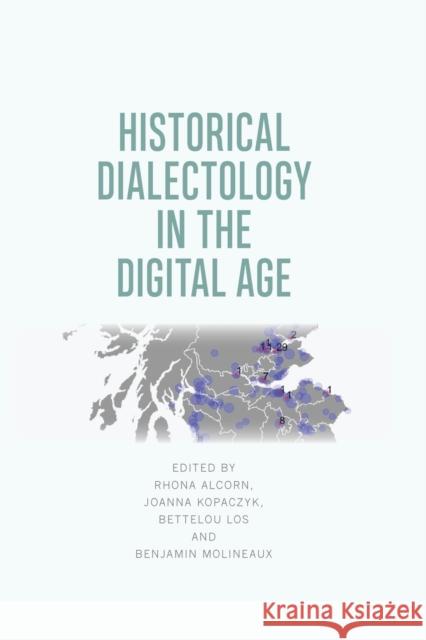Historical Dialectology in the Digital Age » książka
topmenu
Historical Dialectology in the Digital Age
ISBN-13: 9781474430548 / Angielski / Miękka / 2020 / 292 str.
Historical Dialectology in the Digital Age
ISBN-13: 9781474430548 / Angielski / Miękka / 2020 / 292 str.
cena 138,30
(netto: 131,71 VAT: 5%)
Najniższa cena z 30 dni: 125,88
(netto: 131,71 VAT: 5%)
Najniższa cena z 30 dni: 125,88
Termin realizacji zamówienia:
ok. 30 dni roboczych
Bez gwarancji dostawy przed świętami
ok. 30 dni roboczych
Bez gwarancji dostawy przed świętami
Darmowa dostawa!
Kategorie:
Kategorie BISAC:
Wydawca:
Edinburgh University Press
Język:
Angielski
ISBN-13:
9781474430548
Rok wydania:
2020
Ilość stron:
292
Waga:
0.41 kg
Wymiary:
23.39 x 15.6 x 1.57
Oprawa:
Miękka
Wolumenów:
01











